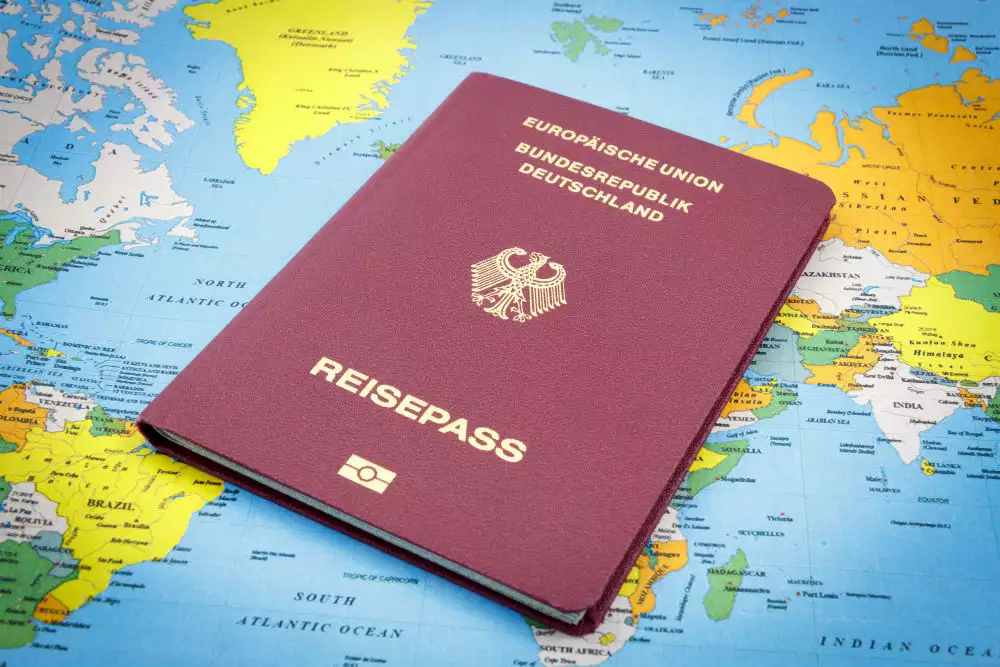Visa and Immigration laws in Germany
ua-networks.com, OCT 11, 2019 at 10:00 AM
A large number of students choose to study abroad every year,given that going abroad makes a student more independent and that he/she gets to study in a multicultural environment. It is also equally important for students to know the implications of studying abroad.Many points need to be noted, such as guidelines for obtaining a study visa, the length of the study permit, the terms and conditions to be followed, the procedure for obtaining a work permit after study completion, the job scenario in that state etc.

Germany is a great destination with an exceptional work stream for international students. Even after you have finished your course, you can live in Germany for 18 months. All you need to do is apply for an 18-month residence permit from the registration office of your local foreign nationals to find a suitable employment. At this period you can support yourself and finance your job search, by taking up any kind of job. You can apply for a German residence permit or an EU Blue Card once you have obtained a work applicable to the course you studied in Germany. And the important point to keep in mind is that the post study work opportunities are for international students who do their postgraduate studies from Germany.
Students who have already bagged a job in Germany in their chosen field of study in Germany are entitled to a German residence permit for work after study in Germany.
- German residence permit
- EU Blue Card
Both of these work-after-study residence permits in Germany options have different benefits and the applicant should either choose after careful consideration. In fact, the difference between the two is that the German residence permit restricts the possibilities for an applicant to Germany, while candidates can travel around the different constituent EU countries with an EU Blue Card to make use of it.
The following documents are required to apply for a German residence permit for
work after study in Germany:
- A valid Passport
- A university degree. In case the degree is yet to be awarded, candidates can submit an official document from the university certifying successful completion of education in Germany.
- Proof of healthcare insurance
- Proof of financial resources to fund the candidate’s stay in Germany
To get an EU Blue card you need to keep a work contract or job offer that is binding
and pays a minimum annual gross salary of € 49,600.
To worthy young professionals, Germany boasts a hale and hearty job market. If
they are fluent in German, international students will significantly increase their
prospects. You can note that these positions are in high demand for the graduates
out for English-speaking work.
UAN helps you in finding the right path to build your career.







